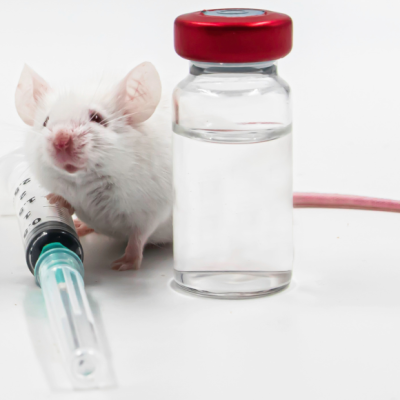The question of why humans are more intelligent than other living beings has long been a topic of scientific inquiry. One possible answer is that humans possess unique genes that result in certain parts of the human brain being more developed than in primates, for example. Researchers at the Max Planck Institute have now investigated the impact of such a gene on other species. The human-specific gene ARHGAP11B has impressive properties, leading to a larger cerebral cortex and more neurons in the brain. This cortex is responsible for higher mental functions such as information storage, reasoning, and even the creation of emotions. But are the effects of this gene unique to humans, or can they be replicated in other species?
A team of researchers at the Max Planck Institute for Molecular Cell Biology and Genetics in Dresden set out to answer this question. In a study published in The EMBO Journal, they describe their work in detail. First, they injected the human gene into a mouse embryo and compared the development of the brain with that of a regular mouse. The result was that the modified mouse did indeed have a larger cerebral cortex and a higher proportion of gray matter. The researchers then conducted several tests to determine the impact of the modified brain on the intelligence of the mice. The mice with the injected gene were better able to remember paths in a maze and to detect changes in access patterns. They were also much less fearful than their normal counterparts, spending longer in brightly lit areas.
Human-specific gene variants such as ARHGAP11B, which likely emerged around five million years ago as a result of mutations, may have contributed to the differentiation of humans from their primate relatives. As the gene promotes cognitive abilities and overall brain size, early humans likely became increasingly distinct from their ancestors. Such genes are also of great interest to modern science, as they can help us better understand how the brain works and how future genetic treatments may affect mental abilities.
In conclusion, the Max Planck Institute’s research sheds light on the impact of a human-specific gene on other species. The study shows that the gene can indeed lead to increased intelligence and fearlessness in mice, suggesting that it may have played a role in the evolution of human intelligence. The findings also have implications for future genetic treatments and our understanding of the brain.










